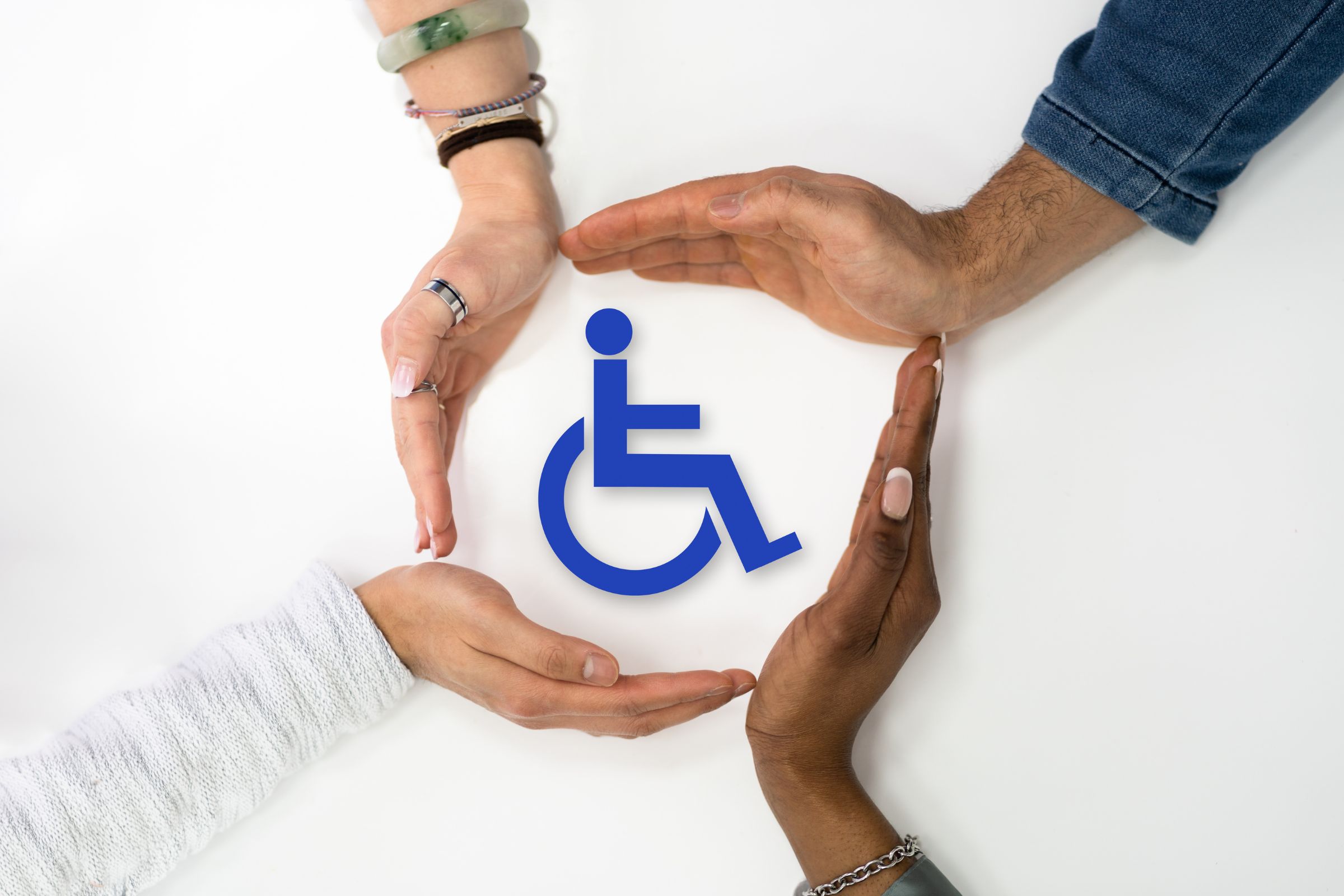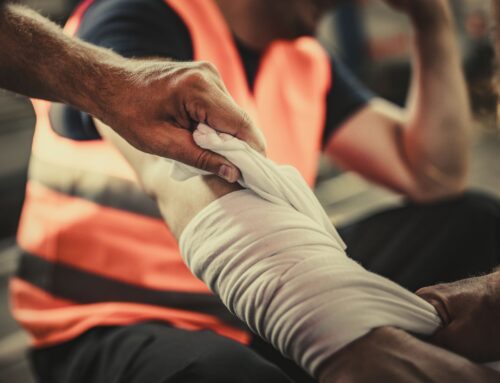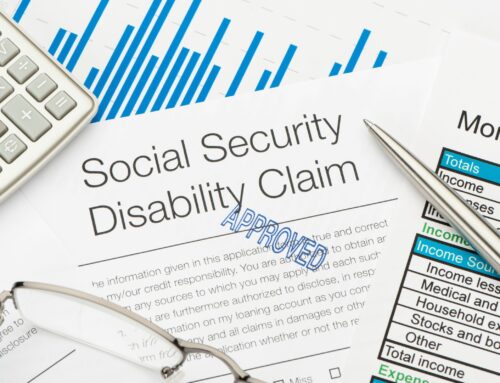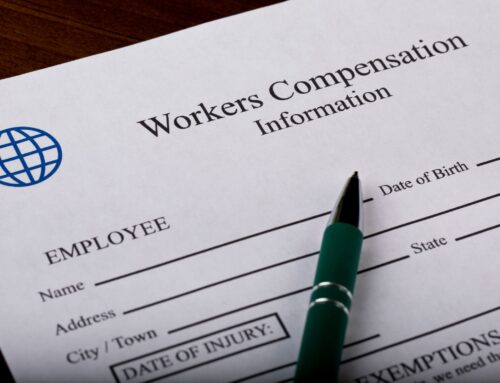Navigating the workers’ compensation system can be challenging, especially when dealing with different types of disabilities. For many injured workers, understanding permanent partial disability (PPD) is essential. This designation significantly impacts the benefits a worker can receive and determines the level of compensation for injuries that limit one’s ability to perform specific tasks without preventing all work entirely. This article breaks down what permanent partial disability means within the workers’ compensation system, how it differs from other disability types, and why getting informed on PPD matters for New Jersey workers.
What is Permanent Partial Disability?
Permanent partial disability, or PPD, refers to an injury or medical condition that partially impairs a worker’s ability to perform certain tasks, even though they may still work in some capacity. Unlike total disability, where individuals cannot perform any job functions, PPD affects only specific aspects of a person’s job performance. It’s distinct from temporary disabilities, which typically involve a shorter recovery period and are less likely to result in long-term limitations.
Common injuries that result in permanent partial disability include:
- Repetitive strain injuries (e.g., carpal tunnel syndrome)
- Hearing loss from workplace noise exposure
- Back injuries that limit physical movement
Each of these injuries impacts daily work activities, but they don’t prevent a person from working in some capacity. As a result, workers’ compensation partial disability benefits provide compensation that reflects this limited capacity rather than a total inability to work.
How Does Permanent Partial Disability Affect Workers’ Compensation Benefits in New Jersey?
In New Jersey, workers’ comp benefits for permanent injuries like PPD are structured differently from those for temporary disabilities. The amount and duration of benefits hinge on the workers comp permanent disability rating assigned by a doctor. This rating measures the extent of impairment and is crucial for determining compensation.
For instance:
- Higher PPD ratings often lead to increased benefits, as they reflect a greater impact on job performance.
- The New Jersey system also considers the type of injury, wage history, and extent of functional limitations in calculating the benefits for PPD cases.
Understanding these factors can help injured workers in Toms River and beyond know what to expect from their PPD benefits and how they fit into the broader New Jersey workers’ compensation landscape. Additionally, PPD benefits typically last for a set period and provide a percentage of wages to help offset lost income.
Common Scenarios and Case Examples
Seeing how permanent partial disability applies in real-world cases can make the concept more tangible. Here are a few scenarios where injured workers were able to claim PPD benefits:
- Case Example 1: A factory worker develops carpal tunnel syndrome from years of repetitive tasks. Even after surgery, the worker’s grip strength and dexterity are permanently impacted. They may qualify for PPD benefits based on their decreased functional capacity, which affects their ability to handle manual tasks at work.
- Case Example 2: A construction worker sustains a back injury that limits their lifting capacity but does not prevent them from performing lighter duties. Their PPD rating accounts for this limitation, and they receive compensation that reflects their reduced ability to perform physically demanding tasks.
These scenarios illustrate how different injuries lead to PPD benefits that align with the worker’s specific limitations, offering partial wage replacement that helps support them in the wake of a disabling injury.
When Should You Hire a Workers’ Compensation Attorney?
PPD cases can sometimes be complex, especially when disputes arise over the disability rating or benefit amount. Here are some scenarios where consulting a NJ workers comp lawyer can be particularly helpful:
- Disputes Over PPD Ratings: If you disagree with the PPD rating assigned by a doctor or insurer, a workers’ compensation attorney can help pursue a fair assessment.
- Denied Claims: An attorney can assist if your claim for PPD benefits is denied, ensuring that your rights are protected and helping you navigate the appeals process.
- Concerns About Benefit Amounts: If you believe the benefit amount does not adequately reflect your level of impairment, legal guidance may help secure more accurate compensation.
A knowledgeable workers’ comp attorney in New Jersey can provide guidance, advocate for accurate disability assessments, and represent your interests in complex cases.
Conclusion
Permanent partial disability affects many injured workers who are able to perform some tasks but are no longer fully capable in their previous roles. For those facing PPD, understanding their workers’ compensation partial disability benefits is essential, as is knowing when to seek legal guidance to protect those rights. If you are dealing with a PPD situation and need help navigating the workers’ compensation system in New Jersey, consulting with a qualified attorney can help you secure the support you need to move forward with confidence.






